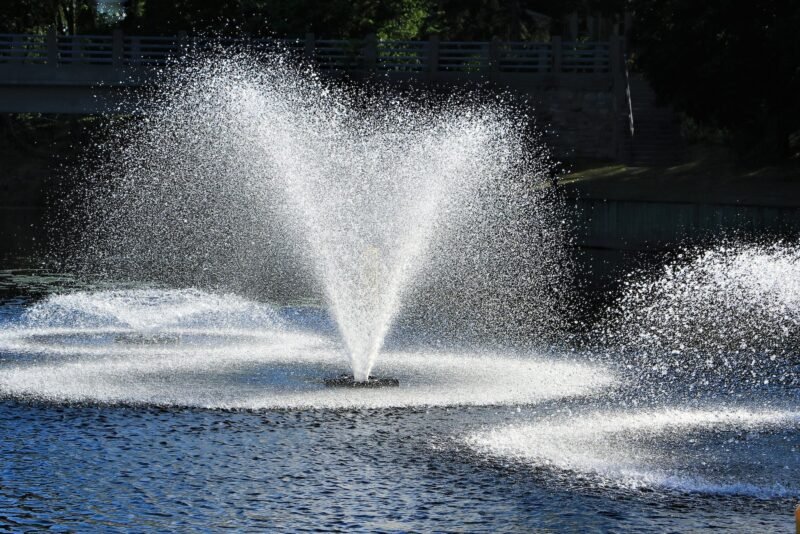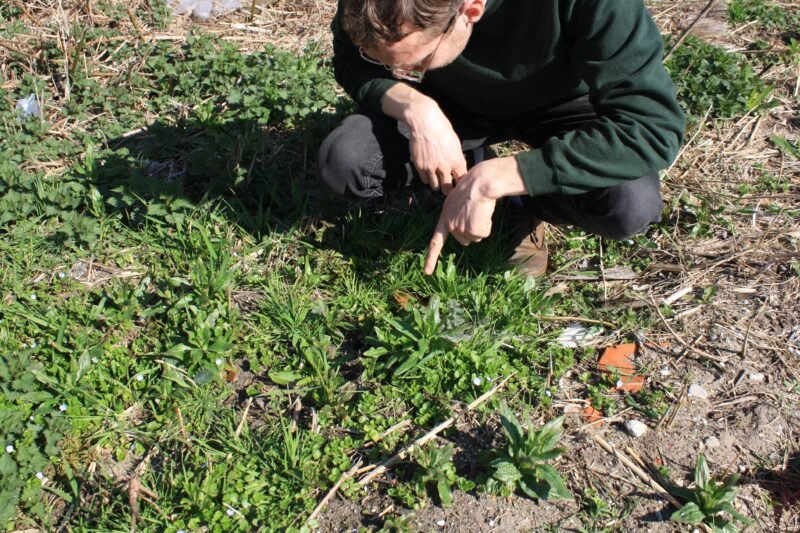Strelka: Drinks And Urbanism
Strelka is a new spot for architecture and media in Moscow. It’s a post-graduate institute dedicated to developing new perspectives on critical issues in contemporary Russia. It’s interesting in the first place because of the combination between architecture and media, but also because of the setup of the whole institute. Strelka is built in a former chocolate factory on an island in the center of the city.

Besides being an architecture institute, it is also a popular bar and restaurant, with a great terrace on top of its roof. Drinks are expensive and food is chique, which turns the bar into something more than just a regular university restaurant. Not only students drink their caipirinhas here, but the entire young creative scene in Moscow seems to frequent this hotspot. This way the institute has found a new and innovative form of funding as all the profit of the bar goes to the institute. Basically the Strelka students pay for their own education by spending money on expensive drinks and dinners in one of the most happening bars of the city. That could work encouraging. The Strelka Institute is initiated and supported by billionaire Alexander Mamut (#665 on Forbes’ World’s Billionaires list). Instead of having a football club as a toy, like some of his fellow Russian oligarchs do, he has chosen to run an architecture institute besides his serious business. This might explain the clever financial set up of the institute that has OMA’s Rem Koolhaas as head of the educational department.

Last week we were invited at Strelka to discuss the role of parks in the 21st century. Our lecture about trends in the use of public space was a kick-off for a broader discussion about contemporary park design with other participants, such as landscape architect Adriaan Geuze, who has founded West 8, designer Ilya Ruderman and architect Yury Grigoryan. Strelka is commissioned to organize the redevelopment of Gorky Park, Moscow’s central park along the Moscow river. At this moment, Gorky Park could be considered a classic park with all specific features of a 20th century park with a some communist characteristics still well preserved. The Summer at Strelka program tries to rethink the future of Gorky Park by bringing in some international experts. Final goal is to make Gorky Park a lively 21th century green urban space that facilitates the needs of modern Muscovites.
[adrotate banner=”7″]



